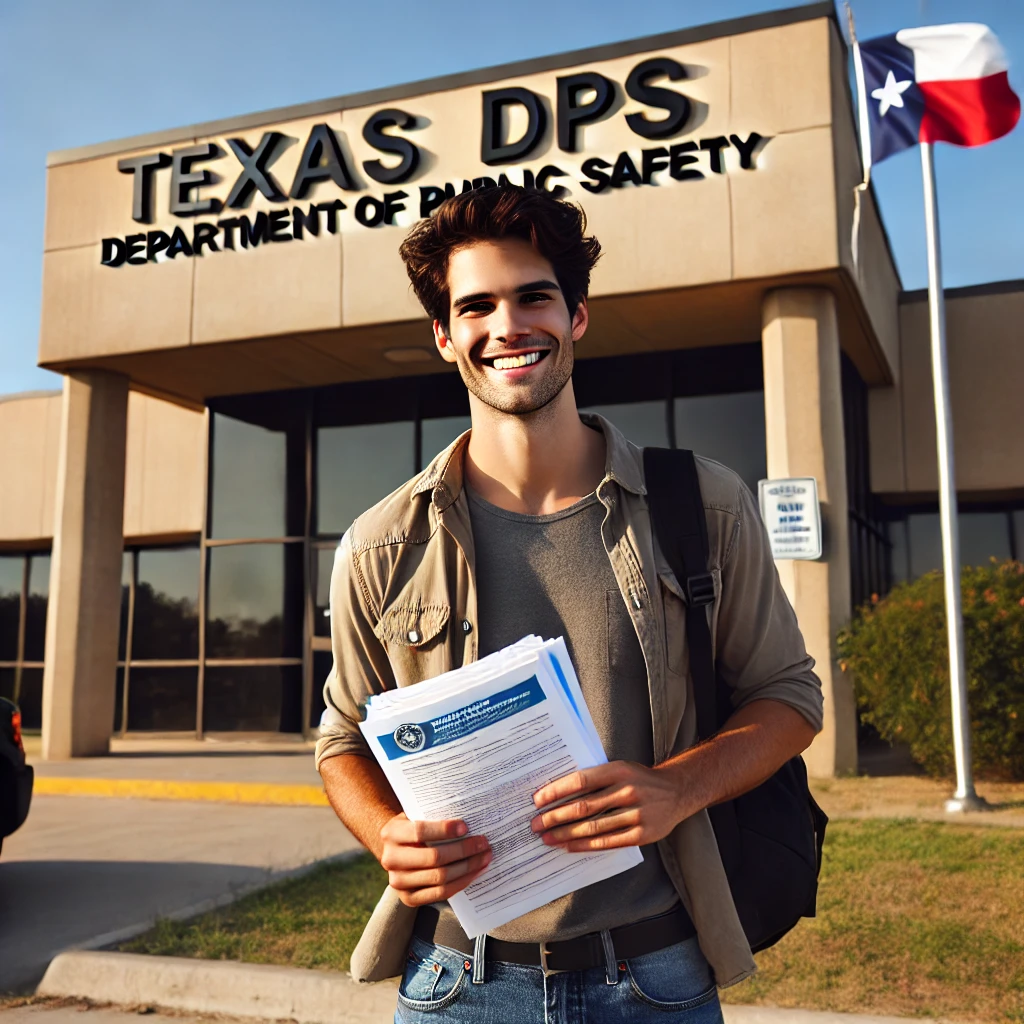In Texas, driving is a privilege that comes with a set of rules and regulations designed to ensure the safety of all road users. One important aspect of these regulations is the driver’s license restrictions that may be placed on a driver’s license. Understanding these restrictions is crucial for all Texas drivers to avoid penalties and ensure compliance with the law. In this blog, we will delve into the different types of driver’s license restrictions in Texas, their implications, and what you need to know to stay on the right side of the law.
If you have any questions about your specific restrictions or need legal assistance regarding a traffic violation, our San Antonio car accident lawyers at Ryan Orsatti Law is here to help.

Types of Texas Driver’s License Restrictions
- Graduated Driver License (GDL) Restrictions Texas has a Graduated Driver License (GDL) program designed to reduce the high accident rates among young drivers. This program has three phases:
- Phase One: Learner License
- Requires a licensed adult in the front passenger seat.Minimum age: 15 years old.
- Nighttime driving restrictions (midnight to 5 AM). Passenger restrictions (no more than one passenger under 21 who is not a family member).
- Restrictions are lifted after one year of holding a provisional license or upon turning 18.
- Phase One: Learner License
- Medical Restrictions Medical conditions can lead to specific restrictions on a driver’s license to ensure the safety of the driver and others on the road. Common medical restrictions include:
- Vision Restrictions
- Requires corrective lenses (glasses or contact lenses) while driving.
- Requires hearing aids or other assistive devices.
- Based on the assessment of a medical professional, certain physical or mental health conditions may necessitate additional restrictions.
- Vision Restrictions
- Age-Based Restrictions Drivers over the age of 79 in Texas must undergo regular evaluations to maintain their driving privileges. These evaluations may result in:
- Shortened renewal periods.Mandatory driving tests.Additional medical evaluations.
- Occupational License Restrictions An occupational license is a special restricted license issued to individuals whose regular license has been suspended or revoked, allowing them to drive to and from work or school. Requirements for an occupational license include:
- Court order.Filing with the Texas DPS.Proof of financial responsibility (insurance).
Consequences of Violating License Restrictions
Violating the restrictions placed on your driver’s license can lead to serious consequences, including:
- Fines and penalties.
- Suspension or revocation of driving privileges.
- Increased insurance premiums.
- Legal action or criminal charges, depending on the severity of the violation.
Conclusion
Understanding and adhering to the restrictions on your Texas driver’s license is essential for maintaining your driving privileges and ensuring the safety of all road users. Contact us today to schedule a consultation and protect your rights on the road.
For more detailed and authoritative information on Texas driver’s license restrictions, you can visit the Texas Department of Public Safety (DPS) and the Texas Law Help.
